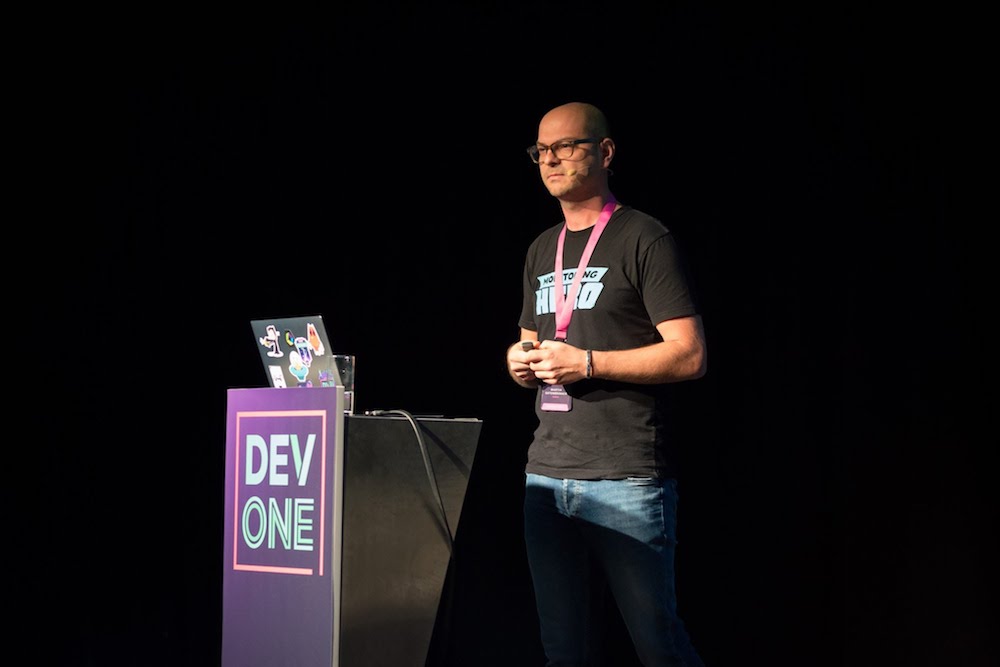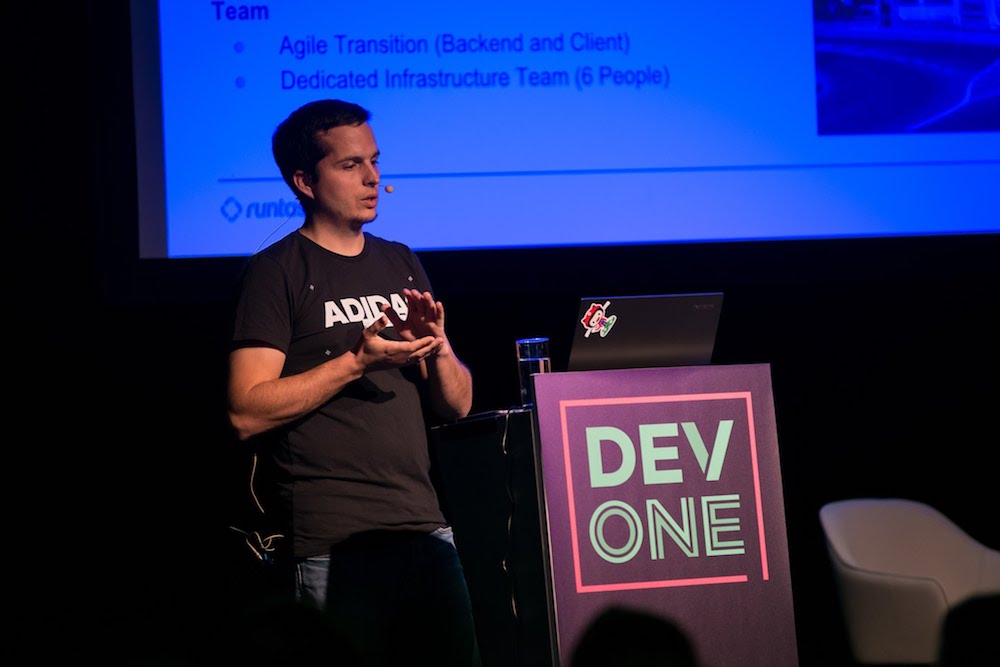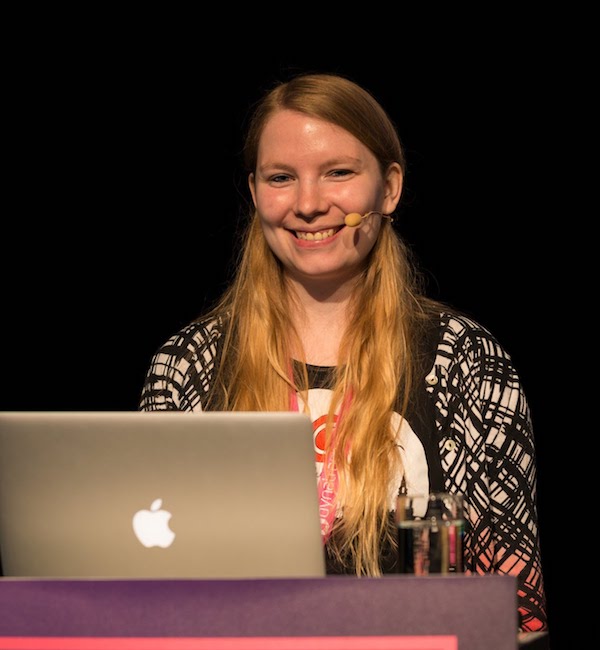Getting your CfP application right
We just started the Call for Presentations for the upcoming DevOne conference, and I couldn’t be more excited. Last year’s proposals where excellent and a great addition to our line-up. And by looking at the people who already registered interest, I’m sure that there’s a ton of great stuff coming up.
I’m in the program committee for this conference and I’d love to hear your ideas. If you’re not sure, please get in touch with me. I’ll happily guide you through what we’re looking for DevOne.

DevOne features 12 talks in two parallel tracks. Two of the slots are reserved for our CfP speakers. This also means that there’s usually a high amount of people not being selected. Having been on both sides of the spectrum, as a speaker applying to conferences and as a committee member, I thought I put together some tips for your proposal to hit it!
Know the conference #
I’ve applied to so many conferences, and I also failed at so many more. In hindsight, for most of the conferences I failed, I never was the right speaker to begin with. I applied because I loved the conference and its community, not because my talk was a good fit.
It got a lot easier when I selected conferences where I knew that the topic was hitting the nail on the head. I got more acquainted with what the conference was actually looking for.
Go and look at past line-ups. Check out the videos, their community, and their usual selection of talks.

A Kubernetes talk might not be the right thing for the CSS community. A new JavaScript framework might not be fitting out when the major topics are CI/CD.
This does not mean that their isn’t the odd bird standing out that will fit perfect to the rest of the line-up. But tailoring it to what conferences are usually looking for is never a bad idea.
Conferences are usually pretty clear about that. The DevOne CfP gives you a list of topics right from the start. Check if your topic feels comfortable with that list.
Share what you got #
Many conferences, just like DevOne, have a special field in their CfP where you can put any extra information in for the organisers. This is not something for the public, but rather for the PC to know what they’re dealing with.
Use this field.

Put in everything you got. Talk outlines, extra information, research results. Every quirk or extra that makes your delivery or talk special. The clearer the picture is for organisers, the better.
Ask for feedback #
If you are unsure about your proposal, ask for feedback. Ask your colleagues, ask your peers, ask the organisers. Usually they are very happy to provide feedback. It’s in their own interest to craft a great program, so why wouldn’t they give you feedback.

One thing that I started doing was to ask for feedback once a talk wasn’t selected. Organisers usually give great advice on what went wrong. From having a topic that was extensively covered already to a “not in tune with what’s happening in the community”. Especially the last advice was really helpful for me.
Feedback helps you shaping up your proposal. If not for this conference, maybe for the next.
Final note #
But in the end: Don’t worry. Even with your best proposal ever, there’s still a lot of chance involved. Some conferences get way over 500 proposals, and only feature a handful of free slots.
It’s like with everything else: Try. Do your best. If you fail, try again.
Good luck!